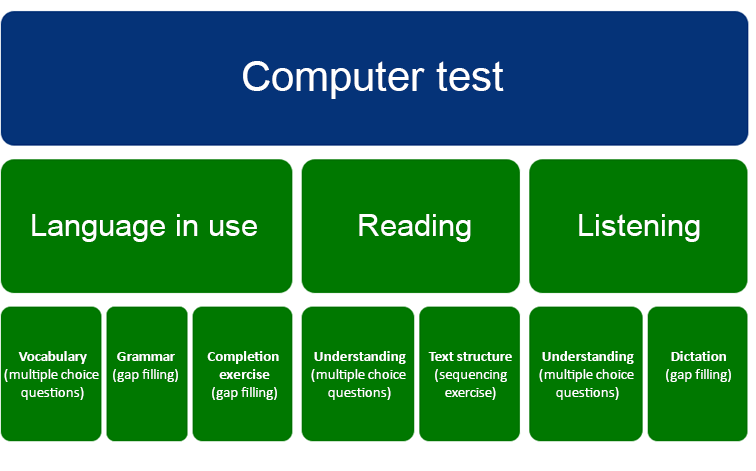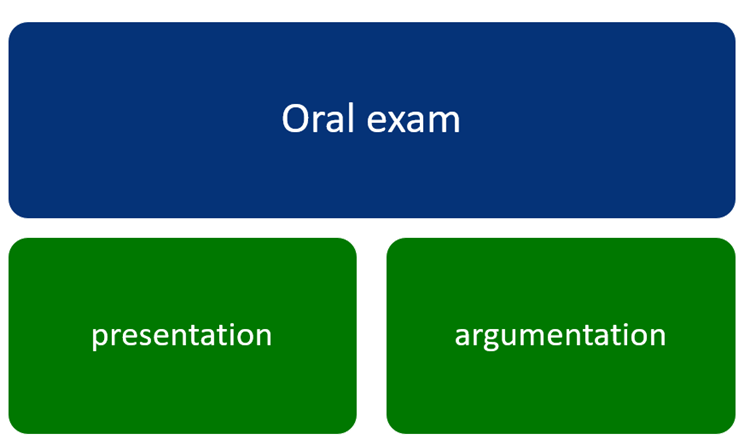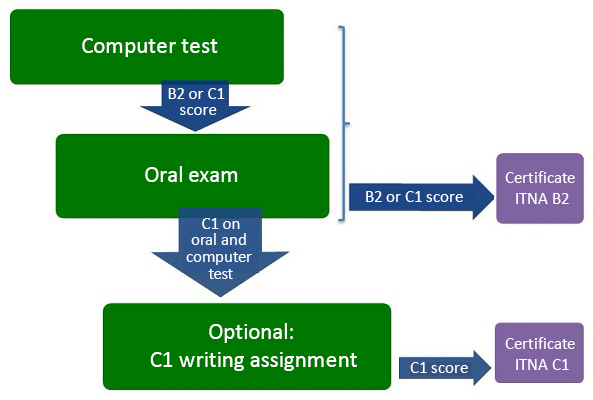Introduction
The Interuniversity Test of Dutch as a Foreign Language (Interuniversitaire Taaltest Nederlands voor Anderstaligen – ITNA) has been developed by the Interuniversity Testing Consortium (IUTC), consisting of Flemish university language centres affiliated with the University of Antwerp, Vrije Universiteit Brussel, Ghent University, and University of Leuven. The test assesses whether candidates have reached the B2 or C1 level of the European Common Framework of Reference for Foreign Languages (CEFR), which are the levels most commonly required for higher education in Flanders.
Taking the test
There are three types of test sessions available:
- open test sessions at fixed dates
- tests by appointment (during periods without open test sessions)
- tests conducted as a final assessment for the level 5 and 6 courses at the participating university language centers
The test is only administered at the five IUTC test centers to ensure that the ITNA test development team can closely monitor each session. More information on registration and pricing can be found on the website.
If a candidate does not pass the ITNA test, they may retake it after a minimum interval of two weeks. A maximum of four attempts is allowed within a 12-month period, and all test components must be retaken during each resit.
Test components
The first part of the ITNA is a computer-based test, which consists of three sections: language in use, reading, and listening.

Candidates who pass the computer test are eligible to take the oral exam and, if successful, receive a B2 certificate.

Candidates who achieve a total score of “zeer goed” (77.81%) and at least “goed” in each component will be invited to complete an additional writing assignment at the C1 level.

Sample exams
The ITNA-website offers sample exams for both B2 and C1 levels, which illustrate the various types of questions and tasks.
Results
Final results for both the B2 and C1 levels are communicated within one week.
